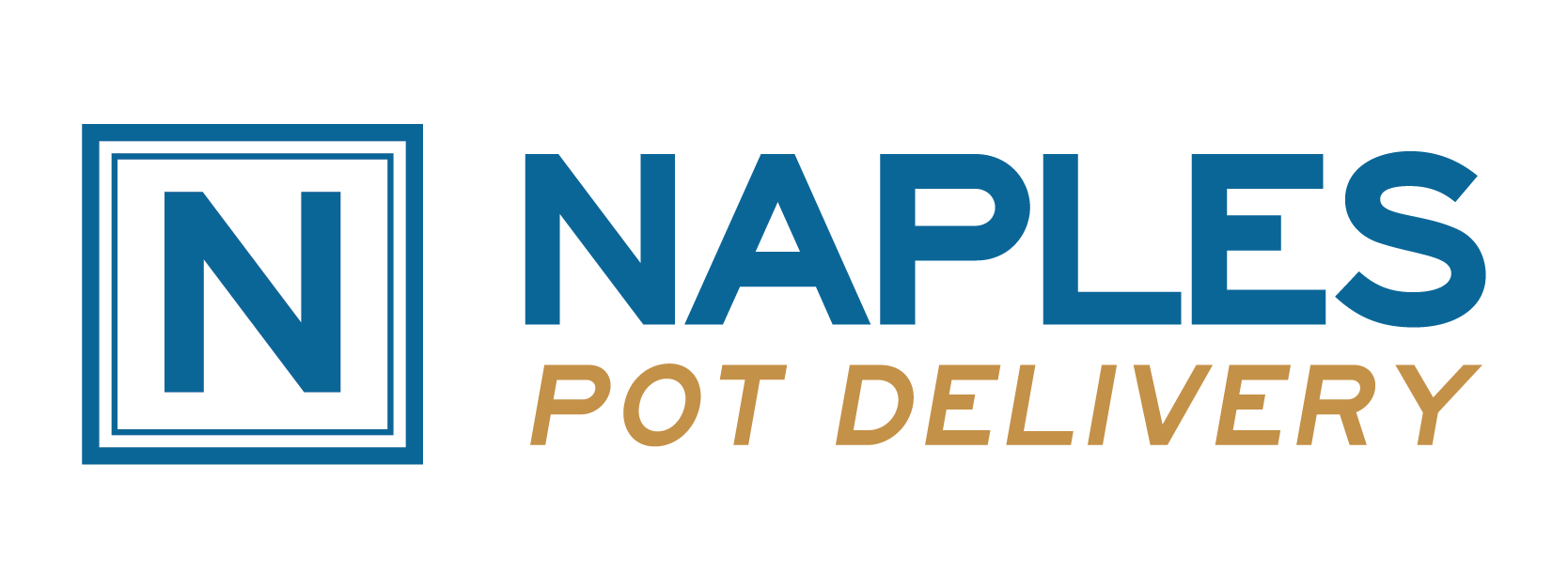In Naples, Florida, where tradition often defines daily life, the arrival and expansion of cannabis delivery services are quietly reshaping the city’s social, cultural, and economic dimensions.
Economic Growth and Local Opportunities
Florida’s medical marijuana market has grown rapidly since legalization in 2016. Valued at over $1.2 billion and projected to double by 2025, the state’s cannabis sector has become a powerful driver of economic activity. In Naples, this growth is especially apparent through delivery-based operations, which have filled a void left by strict local dispensary ordinances. While the city has been slow to allow physical dispensaries, delivery has enabled access for thousands of medical cannabis patients without the need to travel long distances.
Cannabis delivery services are now creating jobs not only for drivers and logistics teams but also for call center workers, inventory specialists, and compliance officers. For small businesses and startups in Collier County, these services offer a viable entry point into Florida’s growing cannabis economy.
Cultural Shifts and Changing Perceptions
The presence of cannabis delivery has also encouraged a broader cultural shift in Naples. For decades, marijuana use carried social stigma in conservative parts of Florida. But the private and discreet nature of home delivery is helping break down long-standing stereotypes. Consumers, especially seniors and veterans who rely on cannabis for chronic pain or anxiety, now feel more comfortable accessing their medicine without facing judgment.
As more residents learn about the therapeutic benefits of cannabis and witness its responsible use by neighbors, attitudes continue to evolve. What was once taboo is now a part of everyday conversation, particularly among families managing illnesses or looking for alternatives to pharmaceuticals.
Discover More: Cannabis and Everyday Wellness: Embracing a Natural Path to Balance
Social and Regulatory Hurdles
Despite its benefits, the rise of cannabis delivery has also sparked concern among some Naples residents. Critics argue that delivery lacks the human interaction and guidance available in a traditional dispensary setting. For first-time patients, the absence of in-person consultations can create confusion or lead to improper use.
Additionally, social equity concerns persist across the state. Naples, like many Florida cities, has yet to develop comprehensive programs that prioritize minority-owned cannabis businesses or communities disproportionately affected by past cannabis arrests. Advocates say more needs to be done to ensure the wealth generated by the cannabis industry is distributed fairly.
Looking Ahead
With adult-use cannabis still under debate in Florida, the full impact of the cannabis delivery sector in Naples is yet to be seen. But what’s clear is that this service model is not only making cannabis more accessible—it’s subtly reshaping the community’s views, creating local job opportunities, and stimulating economic activity in a city traditionally cautious of change.
As Naples continues to adapt to this evolving industry, the future of cannabis delivery may hold the key to bridging the gap between progress and tradition.
